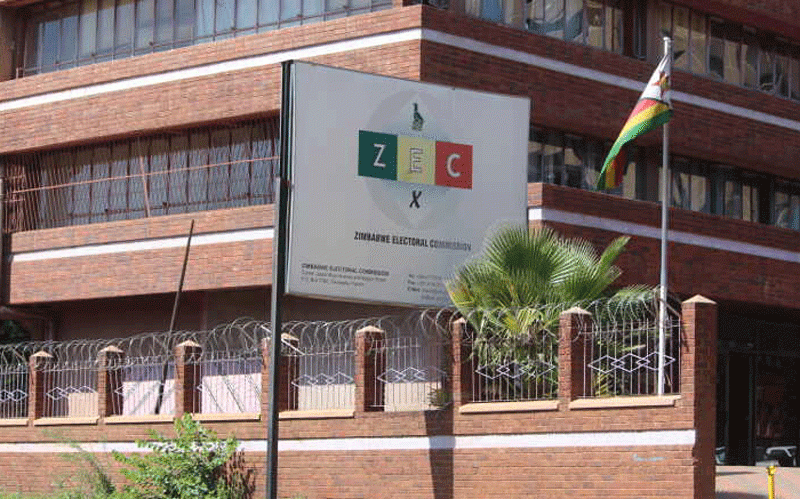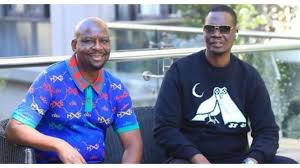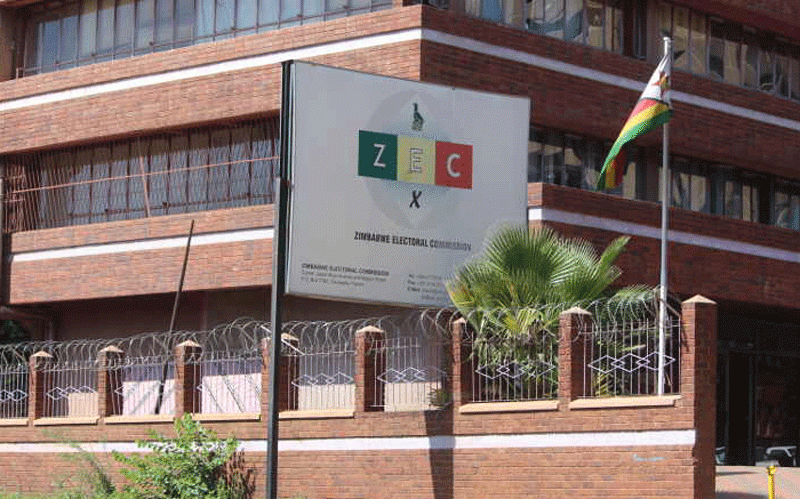
In a previous article (‘Education Without an E’ – 7 August 2016), we reflected on a novel written by Ernest Vincent Wright called ‘Gadsby’, which was most striking for the fact that not one word of the fifty thousand words contained the letter E, even though the letter E is the most used vowel in the English language. In subsequent articles we then considered why the letter E was so vital in education, even though the dreaded letter E symbolises failure to so many people when they think of examinations. If we were to take this further, how then might we do if we were to try to write a novel (or even an article, come to think of it) without the letter I? That simple sentence preceding this one already contains seven letter Is. That is some thought! It is impossible — with an ‘I’ to boot!
We might then give some thought to a related question, when it comes to education, what is the difference between someone who “runs a school” and someone who “ruins a school”? At first glance the difference is minimal but in reality it is massive. The fact is that if I, as an individual or as an ego even, am involved in any way with running a school, it will only lead to ruin. If school leadership is all about the Head, all about doing things for me, myself or I, then the school is in trouble. After all, there is no ‘I’ in ‘team’; there is no ‘I’ in ‘school’. There is no ‘I’ in ‘leader’. If running a school becomes a matter of personality or popularity, then the school is in trouble.
If I must be involved in running a school, and not ruining it, then the ‘I’ must stand for certain key things. Firstly, the letter ‘I’ (as well as I) must stand for Integrity and not Intrigue. To that end, it must be based on Values, indeed strong, important, consistent values. Integrity, as many have said, is all about doing the right thing right (implying that there is the potential for us to do the wrong things wrong, the wrong things right and the right things wrong as well); but it needs to go further, adding that it is doing the right thing even when no-one is watching (CS Lewis), as well as doing the right thing at the right time, in the right manner, for the right reasons. A school has to be run with Integrity without any thought of adding to its reputation. It is not about intrigue, about plotting and scheming, about subtly developing interest; those are danger signals that ruin lies ahead.
Secondly, to avoid ruining a school we must run it with Inspiration as opposed to Inspection, all the time based on the Vision, the clear, unequivocal, specific vision. Inspiration is positive, highlighting challenges, while inspection is negative, looking for faults. We are always looking to find ways and motives to reach higher, to go further, to inspire deeper, rather than being told to watch out for mistakes and errors. Inspiration is pointing to things we want to do while inspection emphasises those things we must avoid. We will ruin a school by looking at all the negatives.
Thirdly, a key way to avoid ruining a school is to develop Individuality and not Indiscrimination, all the time welcoming and nurturing the differences in people. A team needs to be made up of individuals with different abilities, characters, traits, all being drawn into a cohesive unit where each plays its crucial part, as each bone in the body is different but necessary. A soccer team does not consist of eleven brilliant strikers. Rather than haul staff into line to fit certain requirements we must manage and utilise all the differences that our staff have to enable them each to fulfil their potential within the framework of the team as a whole. We need difference; we need individuality.
That leads on to the further point that, if we are going to avoid ruining a school, the ‘I’ must stand for Inclusion rather than Independence, when we base the school on Collaboration. All players must be included and involved, appropriately, actively, accurately, for the school to run well under our leadership. No man is an island; all staff play a part, together.
So how do we go from being the one who ruins a school to the one who runs a school? We need to use the I wisely. After all, as the old saying goes (relating to parliamentary business), ‘the ayes have it’; can you not be positive about it and vote for a new better way of running a school? Indeed, we do well to add further that the eyes also have it – can you not see that? We do not need to write a book about it but we do need to endeavour to run a school, or a business, without ‘I’ being at the centre of it. Keep ‘I’ out of running a school.
- Tim Middleton is the executive director of the Association of Trust Schools [ATS]. The views expressed in this article, however, are solely those of the author in his private capacity and do not necessarily represent the views of the ATS.
Email: [email protected] website: atszim.org
- More woes for suspended Cottco boss
- News in depth: Zimbabweans choke under weight of worsening service delivery failures
- Former MDC MP in trouble for insulting police
- Antipas scoops monthly PSL awards










